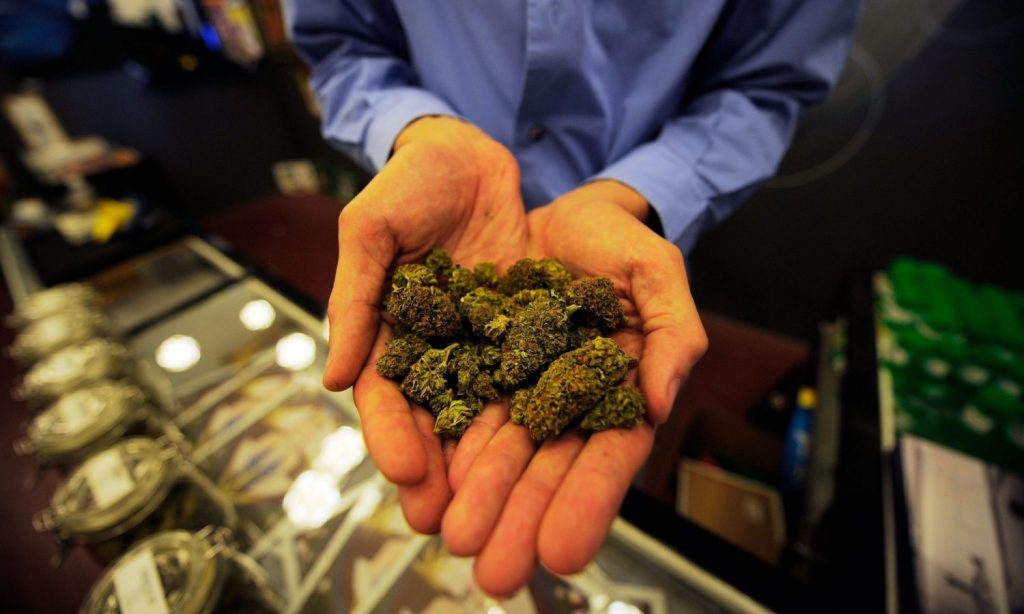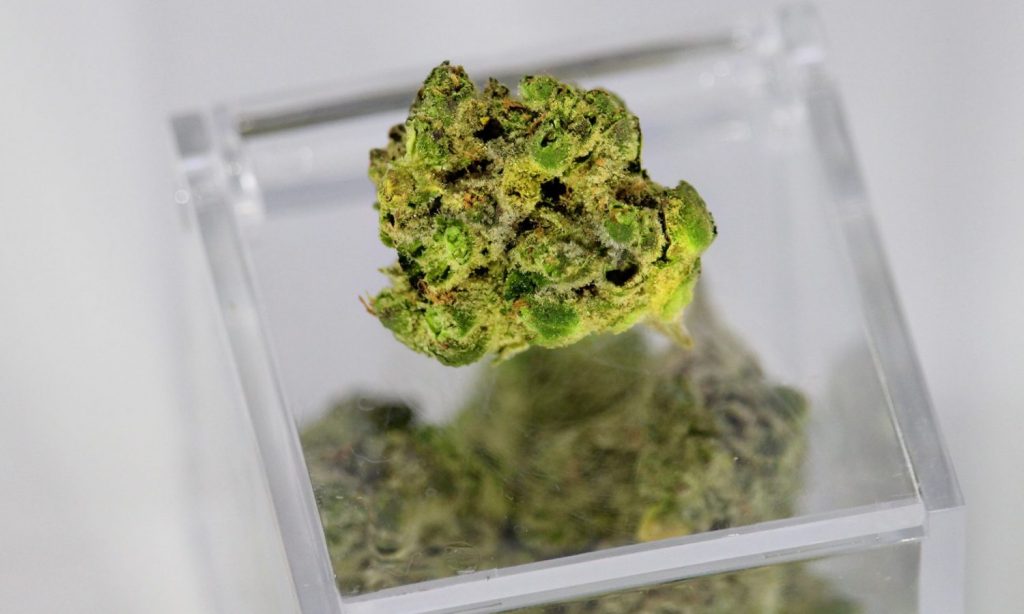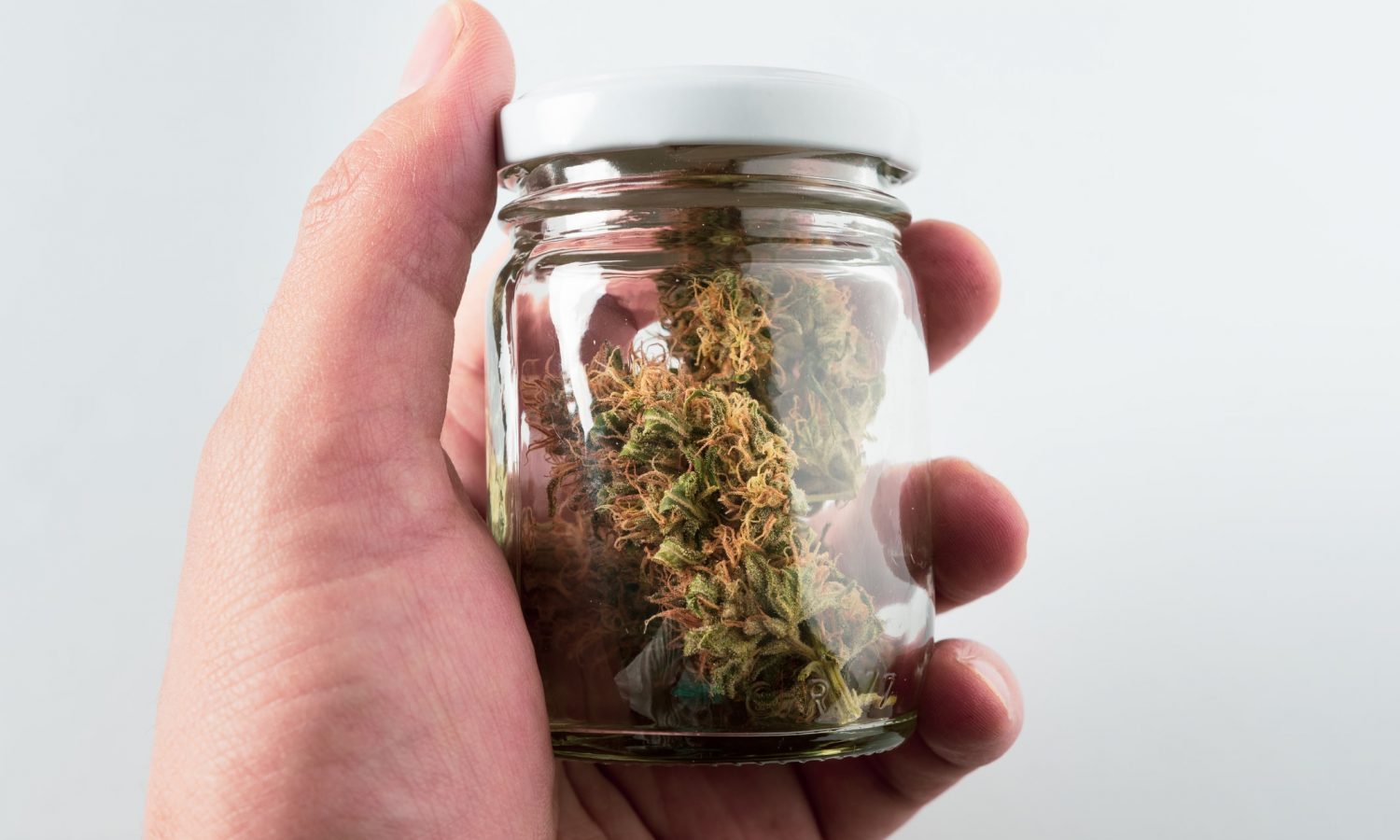Oregon’s framework presents a more nuanced option for regulating hemp-derivatives with an intoxicating effect.
On July 19, Oregon Governor Kate Brown signed HB 3000, an omnibus bill focused on Oregon’s hemp industry into law. HB 3000 includes many modifications, but one aspect of the bill that will have a huge impact on how Delta-8 THC products are sold in Oregon (and, if other states follow suit, across the country), is the radical change the bill makes in the traditional classification of cannabis and cannabis products into either marijuana or hemp (or their respective derivatives) by creating a new, over-arching classification called Adult Use Cannabinoids and Cannabis Items.
Adult Use Cannabinoids and Cannabis Items
HB 3000 establishes a new classification of cannabinoids under Oregon law called “Adult Use Cannabinoids” which is defined to include the following:
- Tetrahydrocannabinols
- Tetrahydrocannabinolic acids that are artificially or naturally derived
- Delta-8 THC
- Delta-9-tetrahydrocannabinol (Delta-9 THC)
- The optical isomers of delta-8-tetrahydrocannabinol or delta-9-tetrahydrocannabinol
- Any artificially derived cannabinoid that is reasonably determined to have an intoxicating effect

HB 3000 also creates a new classification of consumer product. An “Adult Use Cannabis Item” is defined to include:
- A marijuana item (items that contain marijuana that are sold in Oregon’s recreational and medical market), and
- An industrial hemp commodity or product that exceeds:
- A concentration of Adult Use Cannabinoids to be established by the Oregon Liquor and Cannabis Commission (OLCC), in consultation with the Oregon Health Authority (OHA) and the Oregon Department of Agriculture (ODA) or
- A concentration of Delta-9 THC that exceed 0.3% on a dry weight basis or the threshold set by federal law if those changes.
HB 3000 prohibits any person from selling an Adult Use Cannabinoid Item to individuals under the age of twenty-one.
RELATED: Oregon Usable Marijuana Possession Bumped To Two Ounces But Dispensaries Lag
HB 3000 grants the OLCC rulemaking authority to establish what level of Adult Use Cannabinoid causes a product containing hemp derivatives to become an “Adult Use Cannabis Item”. The OLCC has wasted no time in establishing rules under HB 3000.
Under OLCC rule, an industrial hemp commodity or product is an adult use cannabis item if it:
- Contains 0.5 milligrams or more of any combination of THC or tetrahydrocannabinolic acids, including Delta-9 or Delta-8 THC or delta-8-tetrahydrocannabinol or any other cannabinoids advertised by the manufacturer or seller as having an intoxicating effect;
- Contains any quantity of artificially-derived cannabinoids; or
- Has not been demonstrated to contain less than 0.5 milligrams total delta-9-THC when tested in accordance with ORS 571.330 or 571.339 (industrial hemp laboratory testing).

These rules make product with more than 0.5 milligrams of Delta-8 THC (or any other THC) an Adult Use Cannabis Item which cannot be sold to individuals under the age of twenty-one (unless sold in a marijuana retail store to a medical marijuana card holder under twenty-one but over eighteen). The inclusion of any artificially derived cannabinoids also makes an industrial hemp product or commodity an Adult Use Cannabis Item. Finally, the OLCC creates a presumption that if lab test does not demonstrate that a hemp product is under 0.5 Delta-9 THC, then it is considered and Adult Use Cannabis Item.
The Future of Delta-8 THC
As we mentioned above, by developing a new classification of cannabinoid product, Oregon has upended a long-held distinction between marijuana and hemp. Hemp is cannabis with less than 0.3% Delta-9THC on a dry weight basis. The 2018 Farm Bill defines hemp to also include derivatives and cannabinoids from hemp. Simply put, this means that anything derived from hemp is hemp and anything derived from marijuana is marijuana with Delta-9 THC being the dividing line. Oregon adds another wrinkle by creating a new class of products and altering the dividing line to turn not solely on Delta-9 THC, but on the presence of Adult Use Cannabinoids which will be set by the OLCC.
RELATED: Hemp Industries Association Urges Regulation, Not Prohibition, Of Delta-8 THC
HB 3000 does not ban Delta-8 THC but it will distinguish products containing 0.5 milligrams of Delta-8 THC (and any other products containing intoxicating cannabinoids or artificially derived cannabinoids) from other hemp commodities. HB 3000 does not provide further restrictions on selling or distributing Adult Use Cannabis Items and neither does the OLCC, at this time. That means that unlike marijuana items, which can only be sold in licensed retail stores, Adult Use Cannabis Items can remain on the shelves in most places that they are currently sold, so long as minors cannot access or buy those products. One area to watch is whether the OLCC will eventually impose a requirement that stores selling Adult Use Cannabis Items hold a license or authorization.

Bottom Line
Oregon’s experiment with Adult Use Cannabis Items could provide a valuable framework for other states. Delta-8 THC has caused massive headaches for regulators across the country and resulted in many states banning hemp-derived Delta-8 THC all together. Oregon’s framework presents a more nuanced option for regulating hemp-derivatives with an intoxicating effect. It remains to be seen how this will work and much of that will turn on how the OLCC enforces HB 3000, with regards to Adult Use Cannabis Items. We will continue to track Adult Use Cannabis Items and write about them here on the Green Light Law Blog.
Daniel Shortt is a corporate and regulatory attorney based in Seattle, Washington who works extensively with entrepreneurs in the cannabis industry. You can contact him at info@gl-lg.com or (206) 430-1336.
This article originally appeared on Green Light Law Group and has been reposted with permission.


